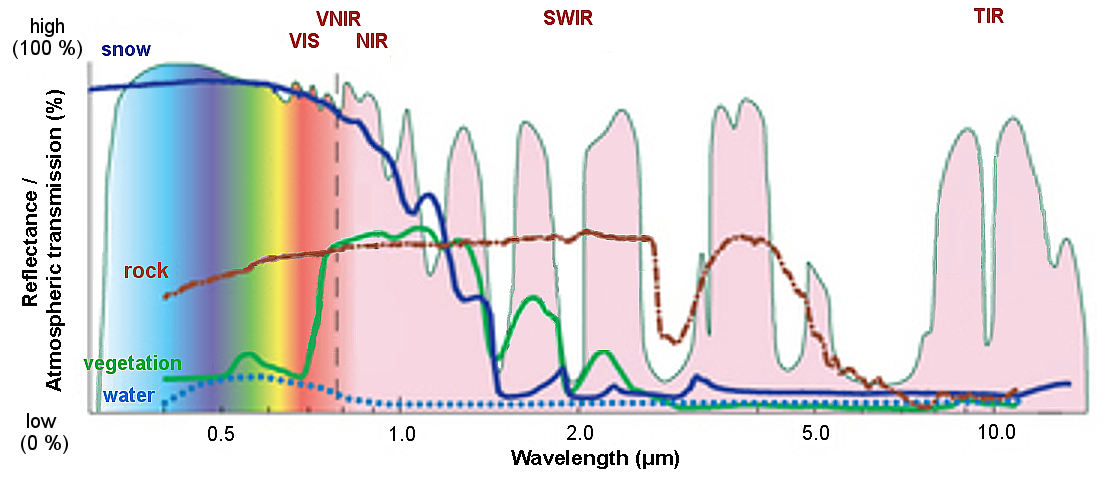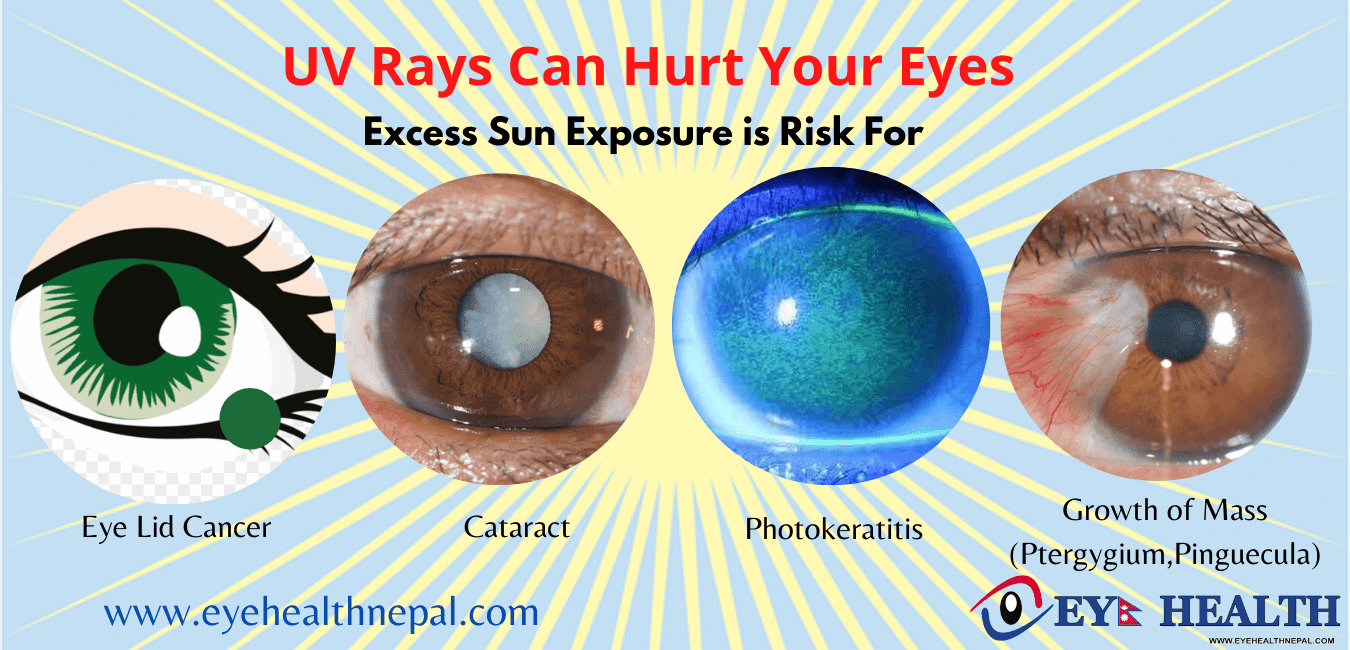Is snow glare any worse than beach glare?
-
-
@DavidPS Can you expand on this? Sunglasses seem to be a very fraught topic.
-
Snow goggles are a type of eyewear traditionally used by the Inuit and the Yupik peoples of the Arctic to prevent snow blindness.
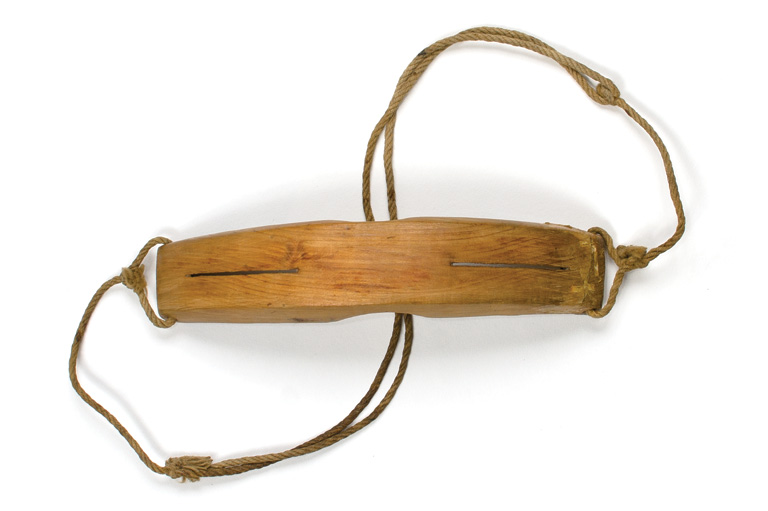
-
@peatlegal said in Is snow glare any worse than beach glare?:
@DavidPS Can you expand on this? Sunglasses seem to be a very fraught topic.
Dr. Peat wrote that Red light is protective, blue light (or u.v.) is harmful, He also wrote that wearing orange lenses would be helpful. (see Aging Eyes, Infant Eyes, and Excitable Tissues). My understanding that any light with a wavelength shorted than blue is harmful and this includes sunlight.

The image far above shows that reflectance of sunlight from snow and ice is about twice as powerful as the reflectance from the beach (the image uses the term 'rock' rather than sand). In addition the snow glare appears to be about 5X more powerful than the glare from water.
Note the skin damage this truck driver has from long term exposure.
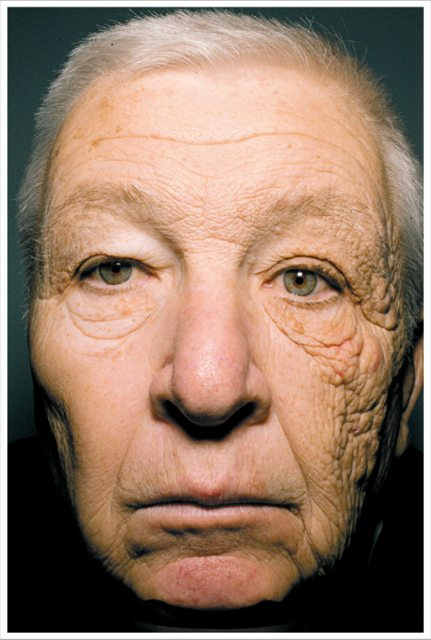
His story is here. He likely has eye damage as well.
It is best to practice safe sun.
-
@wrl said in Is snow glare any worse than beach glare?:
Snow goggles are a type of eyewear traditionally used by the Inuit and the Yupik peoples of the Arctic to prevent snow blindness.
Snow goggles are also used by skiers and snow boarders to prevent snow blindness. They have UV Protection. My goggles are tinted green for a reason.
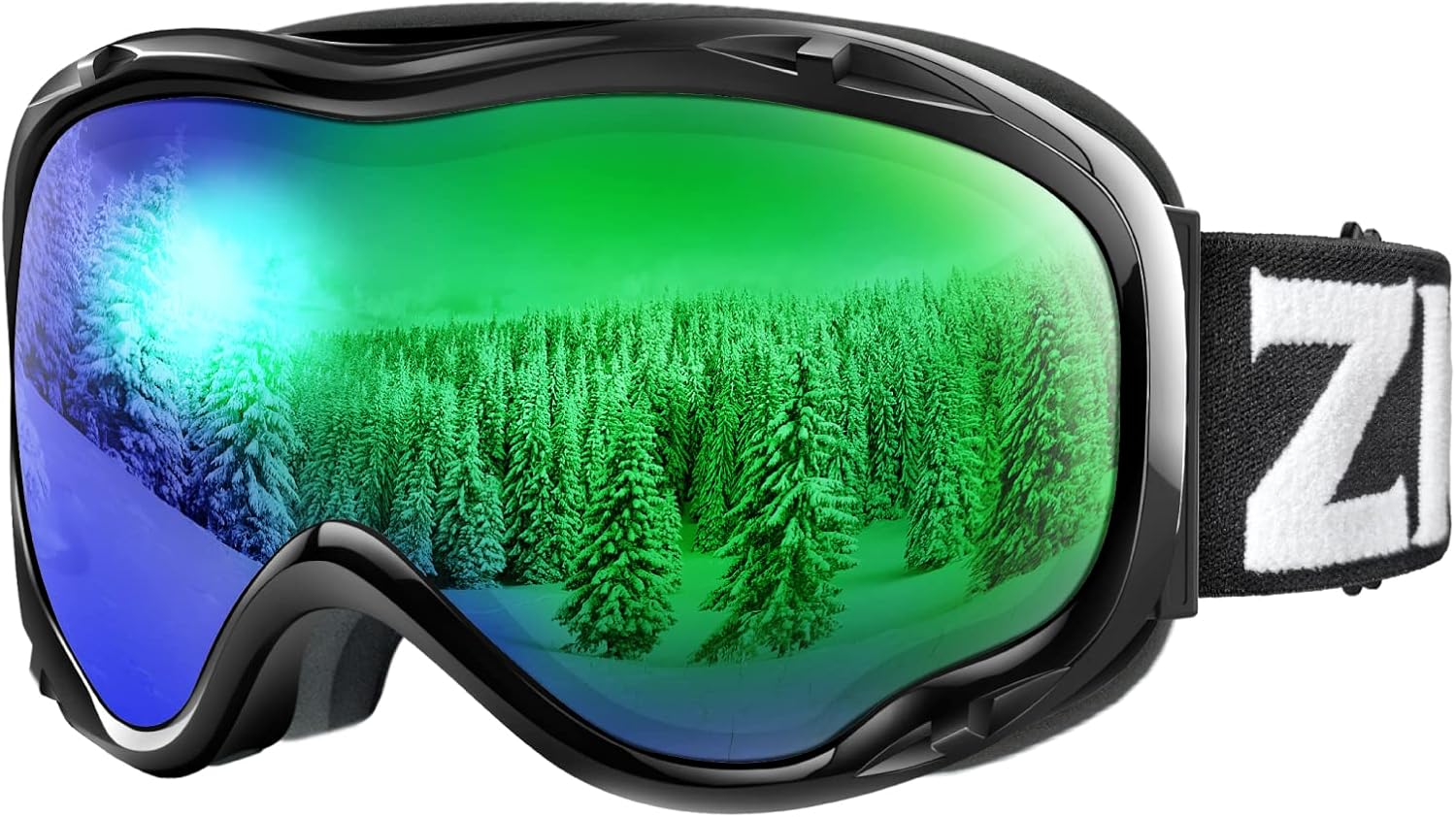
-
-
@DavidPS What's the reason for the green tint as opposed to orange or red on your goggles though?
Thanks for the elaboration above. I've always been careful about blue light (or really, non-red) light at night, but had bought into the idea that blue light, and especially unfiltered sunlight, during the day plays an important role in regulating mood. I'll have to read through that Peat citation carefully. Any thoughts on using red-tinted vs. orange-tinted glasses to protect eyes from various unwanted spectra?
-
@peatlegal said in Is snow glare any worse than beach glare?:
@DavidPS What's the reason for the green tint as opposed to orange or red on your goggles though?
I plan to start a separate thread on green light.
Any thoughts on using red-tinted vs. orange-tinted glasses to protect eyes from various unwanted spectra?
My understanding is wavelengths longer than blue (think the colors of the rainbow - ROY G and not BIV) are not harmful.
-
What is Photokeratitis — Including Snow Blindness?
Snow blindness: a common form of photokeratitis
Snow blindness is a form of photokeratitis that is caused by UV rays reflected off ice and snow. Eye damage from UV rays is particularly common in the North and South Pole areas or in high mountains where the air is thinner and provides less protection from UV rays.
Snow blindness may also refer to freezing of the cornea’s surface, as well as severe drying of the corneal surface due to extremely dry air. Skiing, snowmobiling and mountain climbing are activities commonly associated with this condition.
